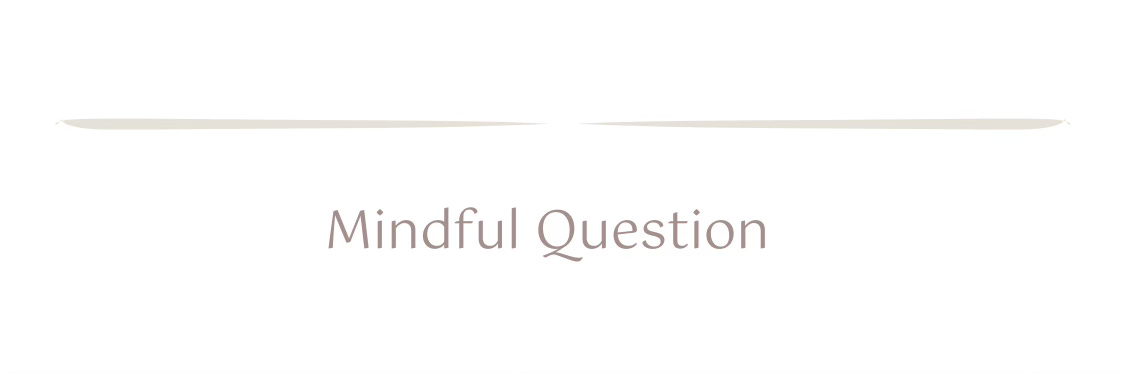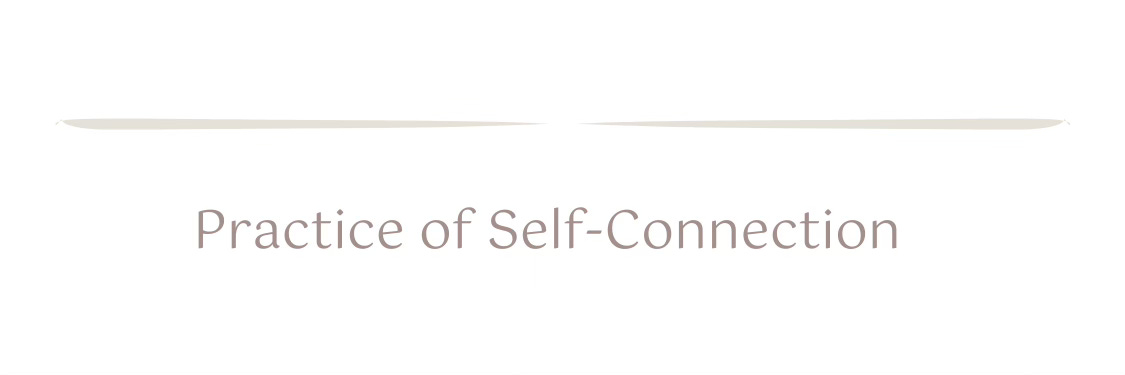Hi friend!
I hope you are having a good start to your week.
If you missed it, the monthly theme went out yesterday, and May is all about growth. (Check it out if you haven’t yet!)
In the first week, we’re looking at the growth mindset — what it is, how it affects us, and how we can harness it.
Go ahead and settle in for a few minutes with me as we drop in…
"Believe you can and you're halfway there."
— Theodore Roosevelt
Growth mindset. Catchy term, vague concept, or familiar approach?
Let’s start in the simplest place — where it comes from. Growth mindset is a term based on the work of Carol Dweck, a psychologist and professor who specializes in mindset. She and her colleagues built the framework of implicit theories, which studies “fundamental underlying beliefs regarding whether or not intelligence or abilities can change.”
Simply put, a growth mindset is a way of viewing challenges and setbacks through a lens of growth. Instead of “I failed at this,” a growth mindset says, “I can learn from this and do better next time.” It believes that skills and knowledge can be built upon.
We could go a step deeper and discuss what a mindset is. Identified and studied by Peter M. Gollwitzer, his definition is simple:
Mindset = attitudes + feelings + core values + philosophical outlook on the world
A growth mindset has a few characteristics:
Effort
puts in the work to develop skills rather than relying on natural abilities
takes on risks
seeks out challenges
Learning
learns from mistakes
asks questions
admits what it doesn’t know
Persistence
keeps going and looks ahead
believes abilities can be developed
resilient and adaptable
On the other hand, a fixed mindset believes that it is born with set abilities. According to Dweck’s theories, it thinks the hand it was dealt is all that is available. This can make failure feel incredibly personal.
Realistically, we all have a mixture of growth and fixed mindsets. Most people aren’t aware of their beliefs about growth, but they affect us anyhow.
Regardless of which mindset we’re working with in any given area, it seems that we subconsciously try to prove it.
Someone with a fixed mindset might resist challenges, give up easily, avoid putting in effort, feel threatened by the success of others, and resist feedback that appears negative. There is a constant need to prove oneself (meeting outer expectations or what others might think) rather than seeing where they are as the starting point for development (the growth mindset).
What if we didn’t have to constantly prove whether we were good enough? What if we could see failure, not as devastating, but as an opportunity to learn and grow?
Or, as Deck puts it,
“Why waste time proving over and over how great you are when you could be getting better?”
Instead of proving ourselves, we get to embrace the journey of growth and become. We are in process! We might as well embrace it instead of trying to fight it.
Becoming starts with where we are and removes the outside pressure or comparison.
When we become aware of our beliefs, we can move them from subconscious actions to proactive choices. We don’t have to remain stuck in old patterns that don’t serve us any longer.
As we adopt a growth mindset, we change the way we approach challenges. By learning new things, listening to different perspectives, and remaining curious, we open up what is possible. Instead of only celebrating success, we begin to prioritize recognizing efforts as mini-victories.
Consistent efforts over time are what lead to mastery. The process then becomes the place of learning rather than proving ourselves as good enough. Good enough is rooted in who we are in the moment, not what others say about us. We get to put in the work and keep showing up, growing as we go.
One way to support a growth mindset is to surround ourselves with others who value it and are living it out, too. They become encouragers, examples, and mold-breakers for our limited beliefs.
We set out to prove what we believe, so let’s stretch our beliefs about what is possible, shall we?
Is there an area you have been consistently trying to prove yourself rather than grow in?
I want to reiterate — none of us is all one kind of mindset — we have a mix of both growth and fixed mindsets. Don’t let this be another thing that makes you feel like you’re behind. But, if you are feeling tinges of inadequacy, this is a great starting point. Chances are they point directly to fixed mindsets. Can you spend a little time getting curious with them?
Pick one and identify which area it stems from (relational, self-worth, work, financial, etc.). Can you soften into this and explore what it could be like to approach where you are in this area as a starting point rather than an unchangeable fact?
This one’s a little heady, I know. Let me know if you have any questions or thoughts. I am right here, doing this work of allowing right along with you. We don’t have to fix ourselves, friend. Please know that’s not the point of this. The aim is to make us aware of where we can make small shifts to become more embodied and empowered — more integrated and whole.
See you right here on Wednesday if you’re a paid subscriber to reflect more on this. If not, I’ll see you in your inbox on Monday.






This question really hit the nail on the head for me. It can be so subtle to recognize the difference I sometimes areas, but it can be easy to find myself being compelled to prove that I can do it well vs. setting myself up for learning how to do it better each time. Over and over life proves that approaching life as a learner, even when I am the teacher, leads to more growth, resilience and most of all connection with myself and others.